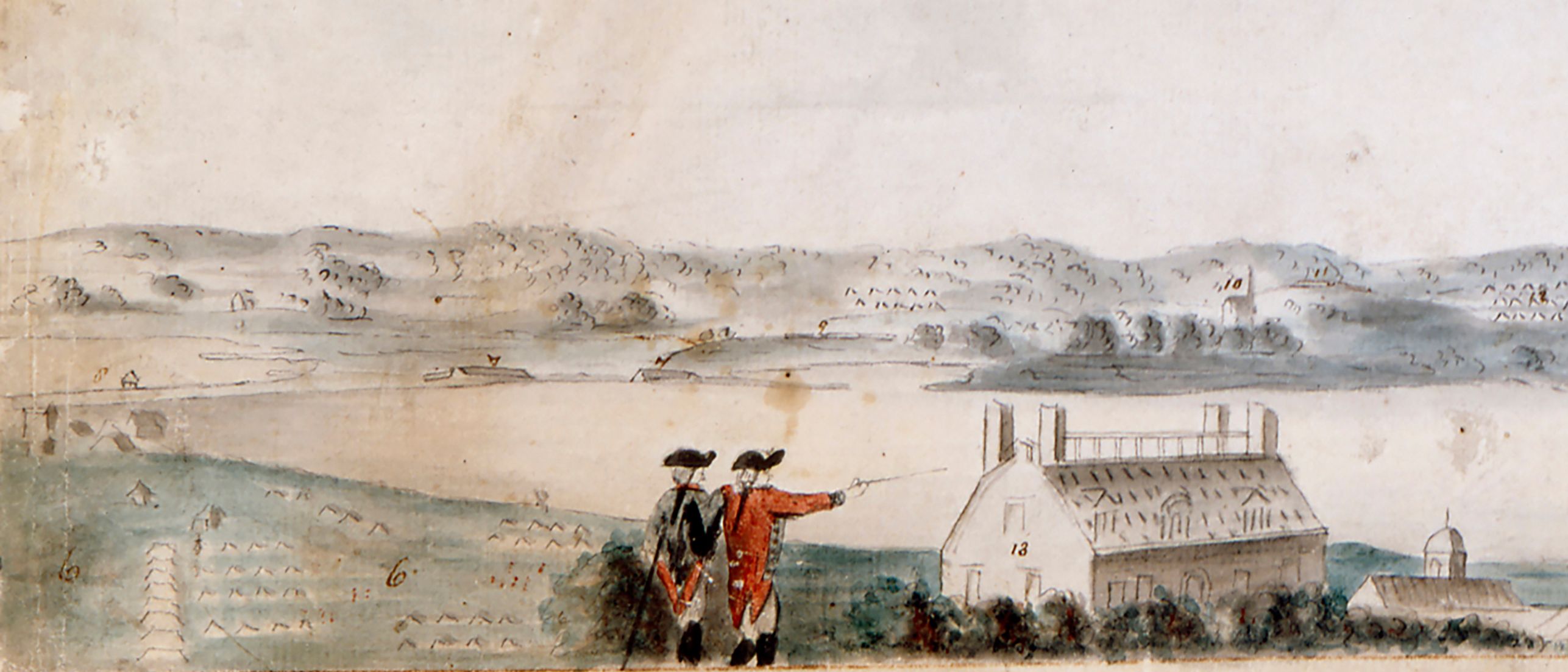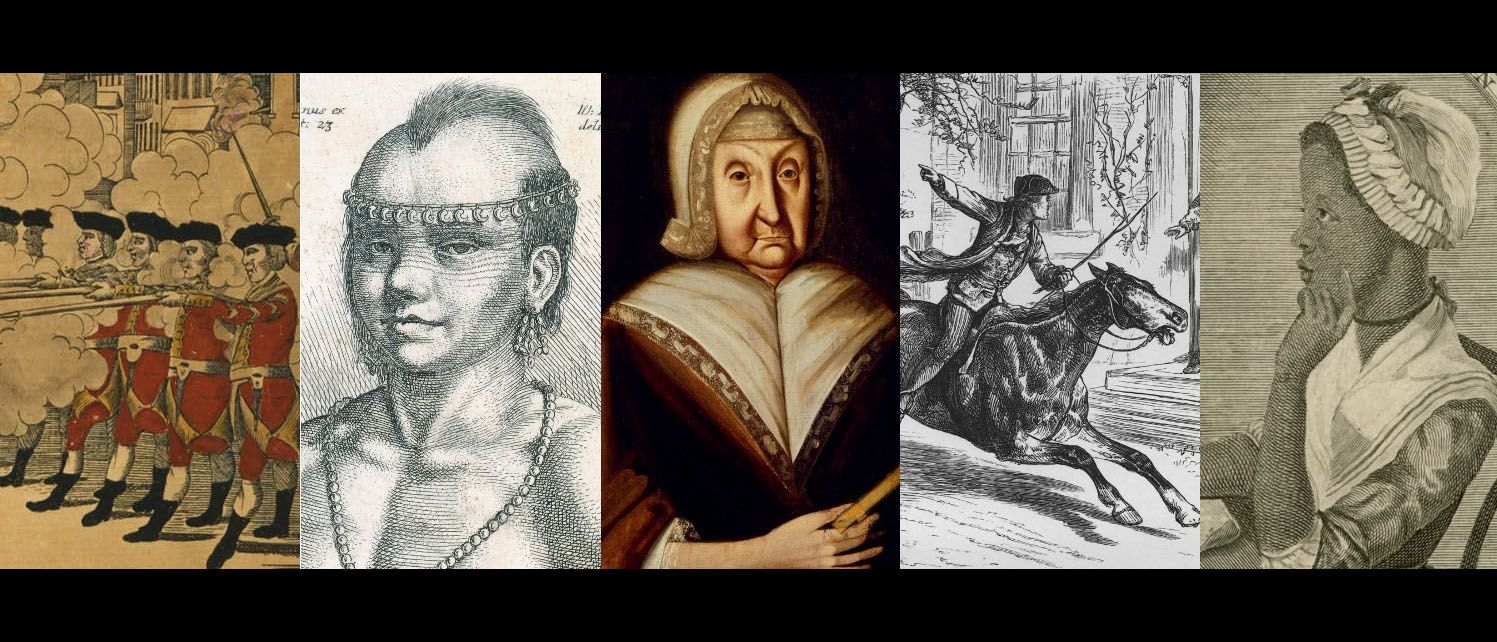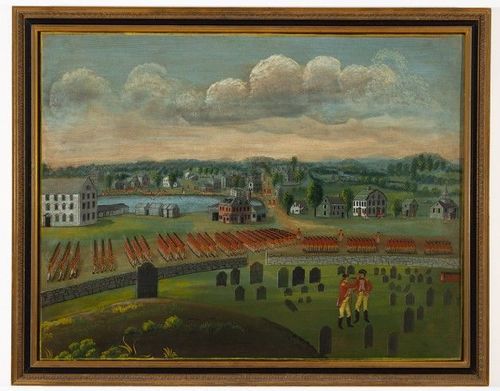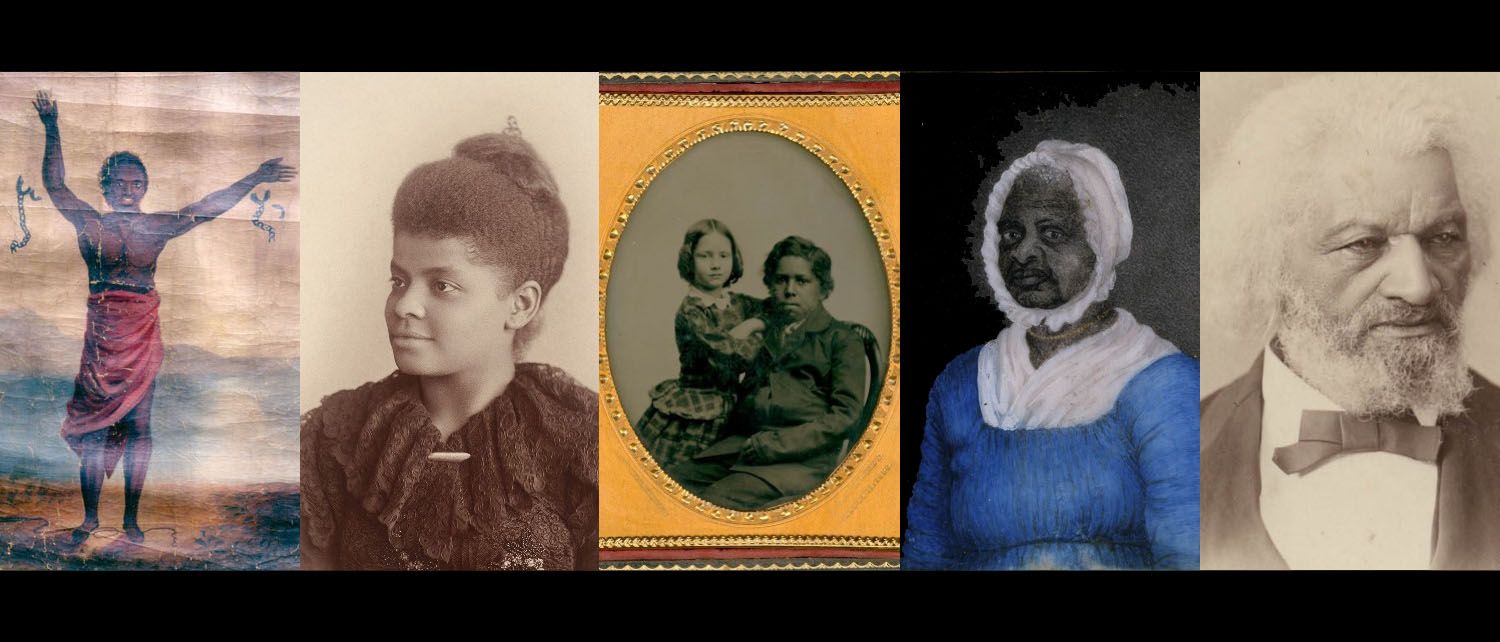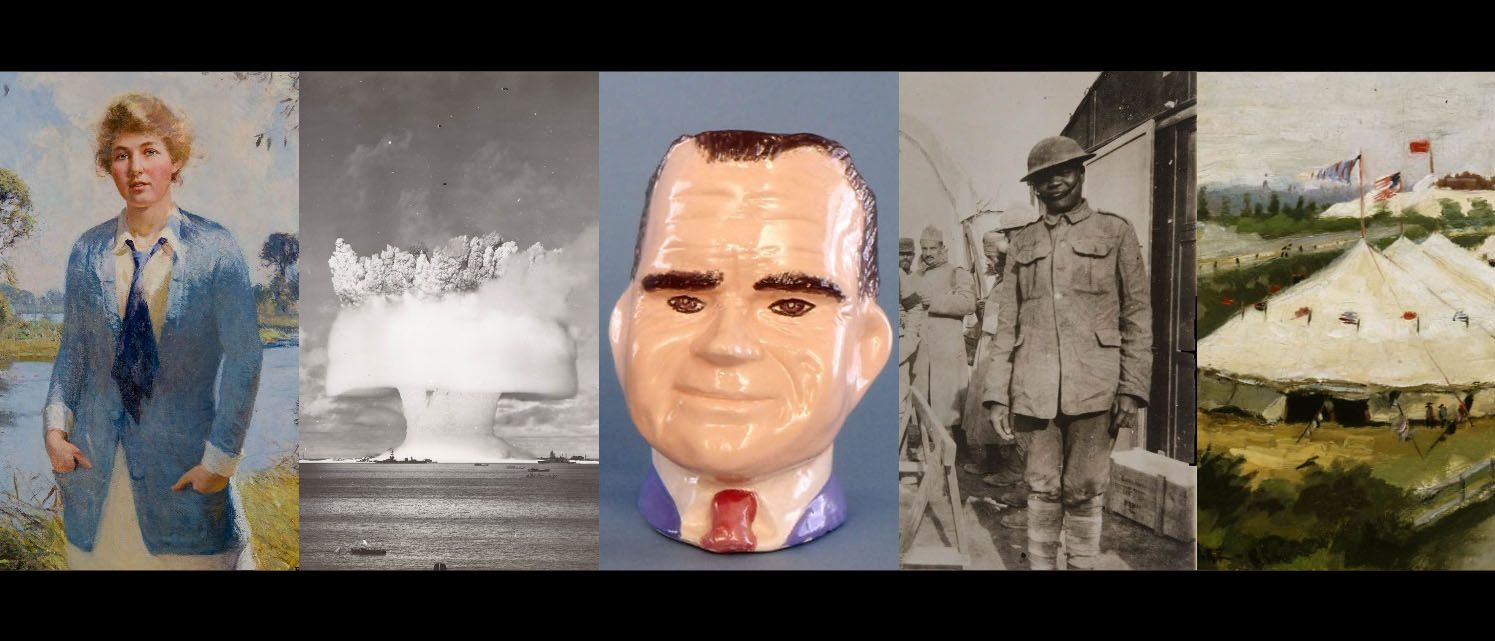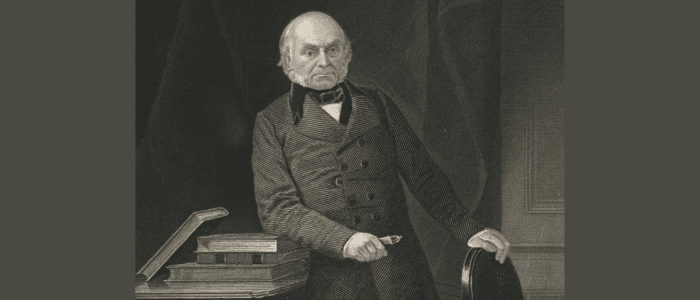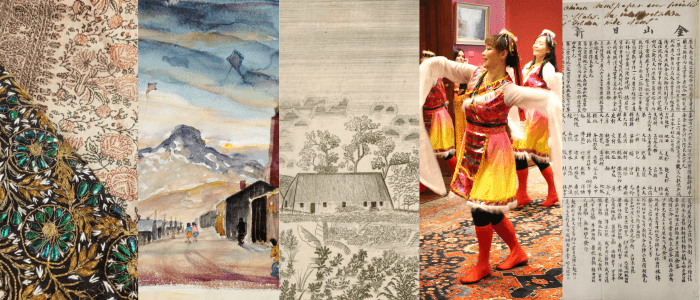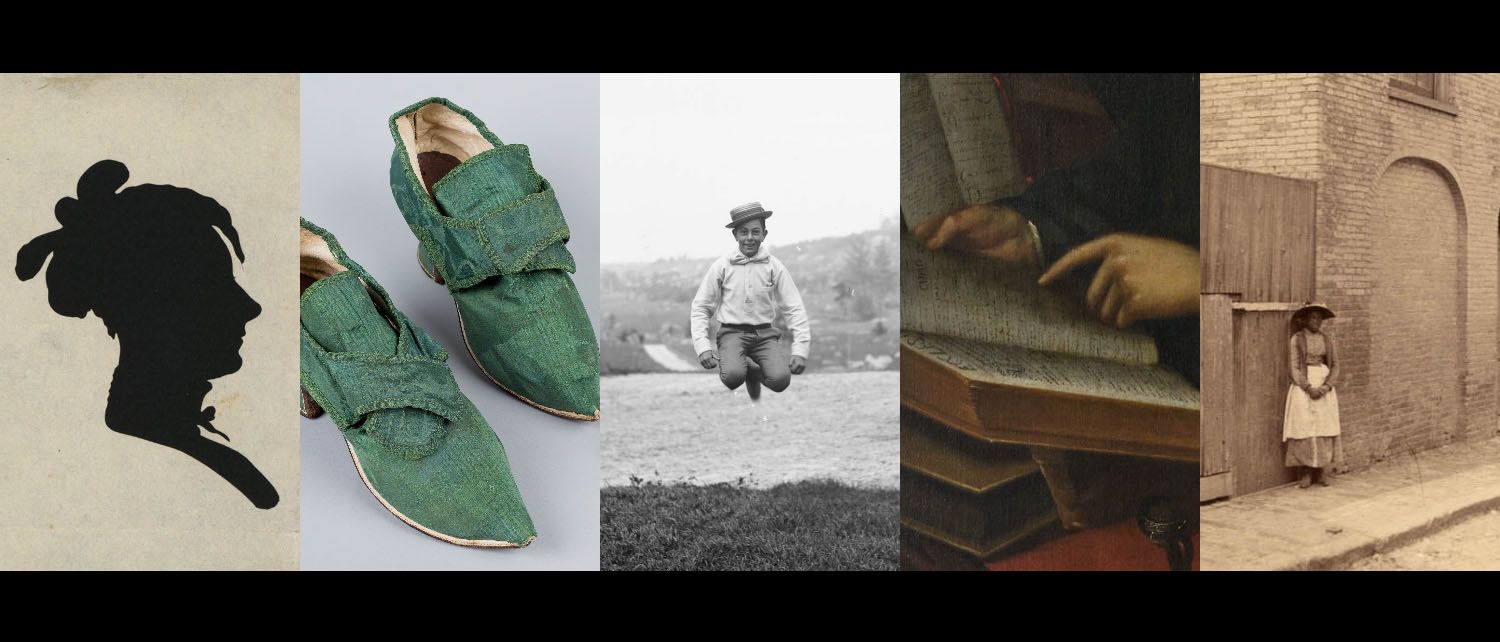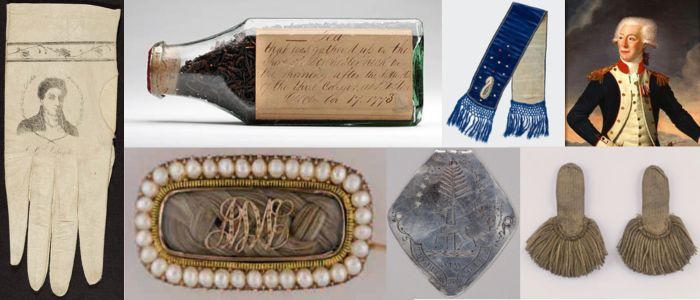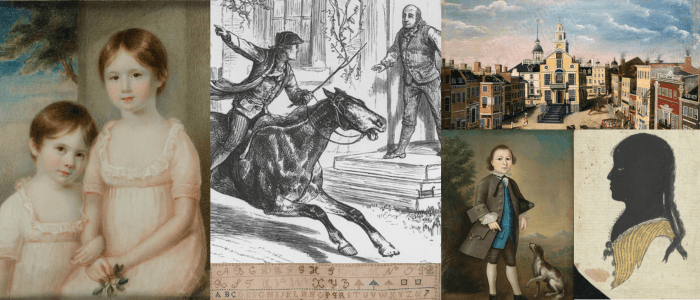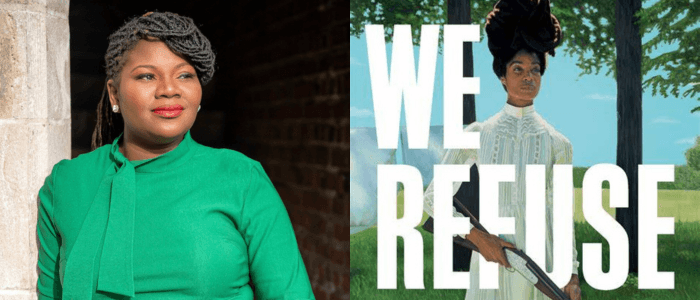Event

Preservation in Practice: A New History of the Washington Park Urban Renewal Program
Author: Madeline Webster, Boston University
Comment: Michael Glass, Boston College
This is a hybrid event. The in-person reception will begin at 4:30 pm.
This paper discusses how Black families converted upper Roxbury’s single-family housing stock into multi-family homes in the postwar era—a process of "filtering down" normally associated with deterioration—and argues that this additional income from rent allowed owner-occupants to build equity and maintain their houses despite exclusion from traditional funding sources. This adaptive reuse process introduces a complicating backstory to the Washington Park Urban Renewal Program of the early 1960s, which is usually framed around the condemnatory narrative of how the Black middle class worked with the BRA to oust lower income residents from their neighborhood.
The Dina G. Malgeri Modern American Society & Culture Seminar invites you to join the conversation. Seminars bring together a diverse group of scholars and interested members of the public to workshop a pre-circulated paper. Learn more.
Purchasing the $25 seminar subscription gives you advance access to the seminar papers of all seven seminar series for the current academic year. Subscribe at www.masshist.org/research/seminars. Subscribers for the current year may login to view currently available essays.
Hybrid Event
The in-person reception starts at 4:30 PM and the seminar will begin at 5:00 PM.
Masks are optional for this event.
The virtual seminar begins at 5:00 PM and will be hosted on the video conference platform, Zoom. Registrants will receive a confirmation message with attendance information.
